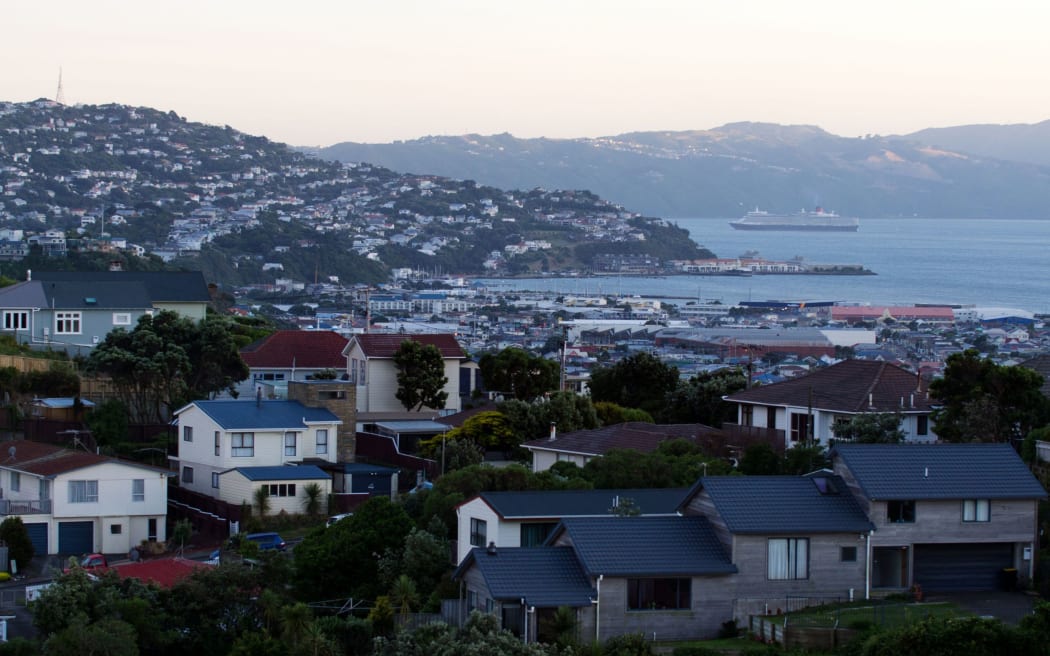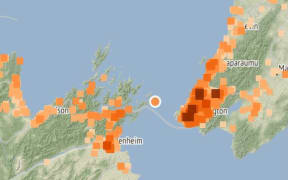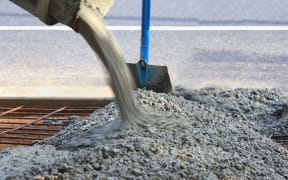A year on from the quake that struck North Canterbury, many Wellington apartment owners still face steep costs getting their buildings strengthened.

Photo: 123rf.com
Of Wellington's 699 earthquake-prone buildings - rated as under 34 percent of the Building Code - 195 are residential and 70 have body corporates.
Many apartment owners said they still face financial difficulty.
"Our apartment is probably worthless at the moment," one owner told RNZ, on condition of anonymity. She said the cost of strengthening was two or three times more than what the strengthened apartment would be worth.
Earthquake-strengthening law changes introduced in 2016 were making things more difficult.
"A piece of legislation ostensibly intended to protect people appears to have taken away pretty much everything we owned, and our plans for a secure later life," she said.
The law changes around quake-strengthening were arbitrary and it appeared no social impact assessment had been done on their impacts, she said.
"Is it legal, or morally acceptable, to pass legislation that might deprive perhaps thousands of people of their assets?"
The body corporates of apartment blocks have found themselves forced to take some owners to court, sometimes twice, to enforce decisions or collect levies for strengthening.
Seismic engineers have noted that since the Canterbury quakes, the public appears to be demanding buildings that will withstand a quake, not just be good enough to allow people to escape, adding to the pressures around quake-strengthening existing buildings.
A regulatory impact statement by government officials in 2013 said the direct costs of earthquake strengthening countrywide outweighed the direct benefits in lives saved by between $1bn and $12bn, but also said cost-benefit equations were most uncertain.
Another central suburb apartment owner, Scilla Askew said cost estimates for each of her block's seven owners recently doubled to $500,000.
"We really can't find that money or justify the expenditure from what benefit will come from that," she said.

Scilla Askew, who owns an apartment in a central Wellington suburb. Photo: RNZ / Phil Pennington
"Kaikōura [earthquake] affected that - there's so much demolition and rebuilding going on."
She said the government and council were focused on helping commercial building owners, not home owners like them.
"We can't sell our apartments because we can't get replacement insurance or we've chosen not to because the cost of that were going to be about $100,000 a year. So we're really left with nowhere to go, using your own savings to do essentially what really is a public good," Scilla Askew said.
"You're responsible for bringing it up to the standard for the full length of the building's life. It would seem fair to actually stretch the cost of that compliance over the life of the building."
She said the city council should fund mediators to help body corporates which were often riven by disputes over what to do.
The government, meantime, could waive GST on quake-strengthening buildings costs, she said.
Wellington Central MP Grant Robertson said he had not so far looked into such a measure, but was urging the government to look at all options including becoming low-interest lenders to apartment owners.

Grant Robertson Photo: RNZ / Rebekah Parsons-King
"I think we've got to pull out all the stops to make sure that people who live in residential buildings who can't pull together the financing to do this have some support to do the urgent work that they need," he said.
No one was looking for a handout, just some support, he said.
So far 14 buildings have been or are being demolished in Wellington city, and another five remain unoccupied due to the quake.
Since 2013, 209 earthquake-prone buildings of all sorts in Wellington have been strengthened.
The city council said even though the way buildings are seismically assessed was changed in July this year, the NBS ratings handed out before that still stand and buildings did not have to be re-rated.







